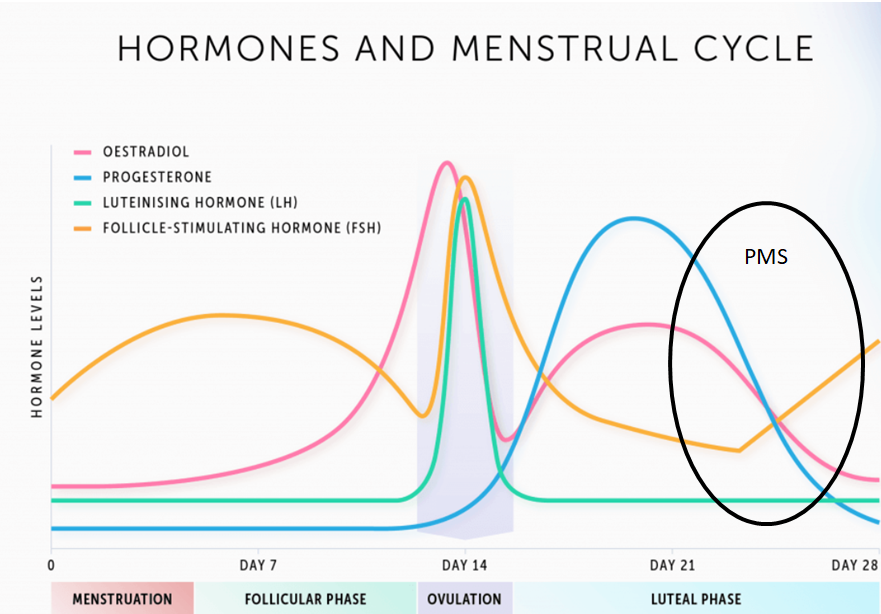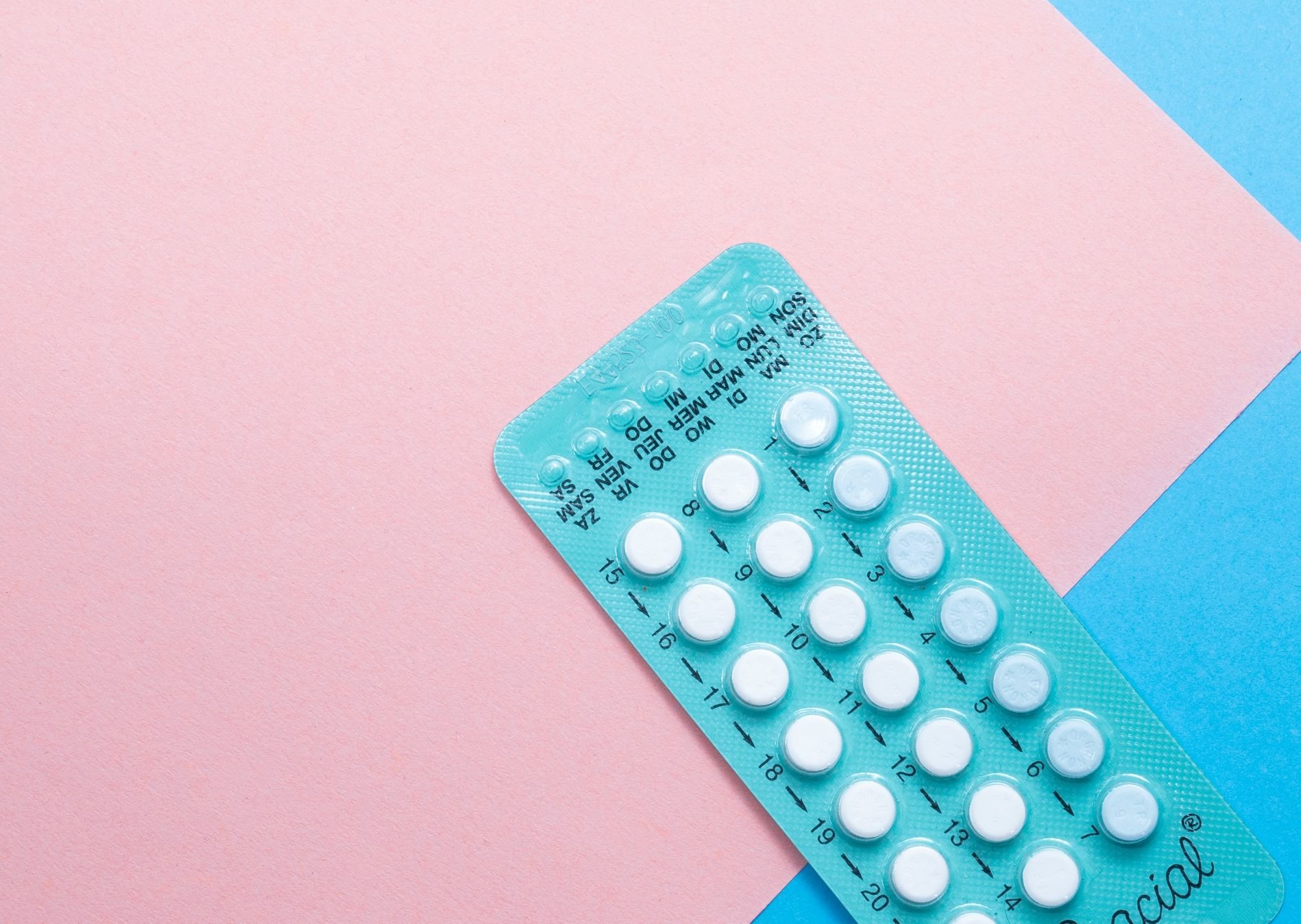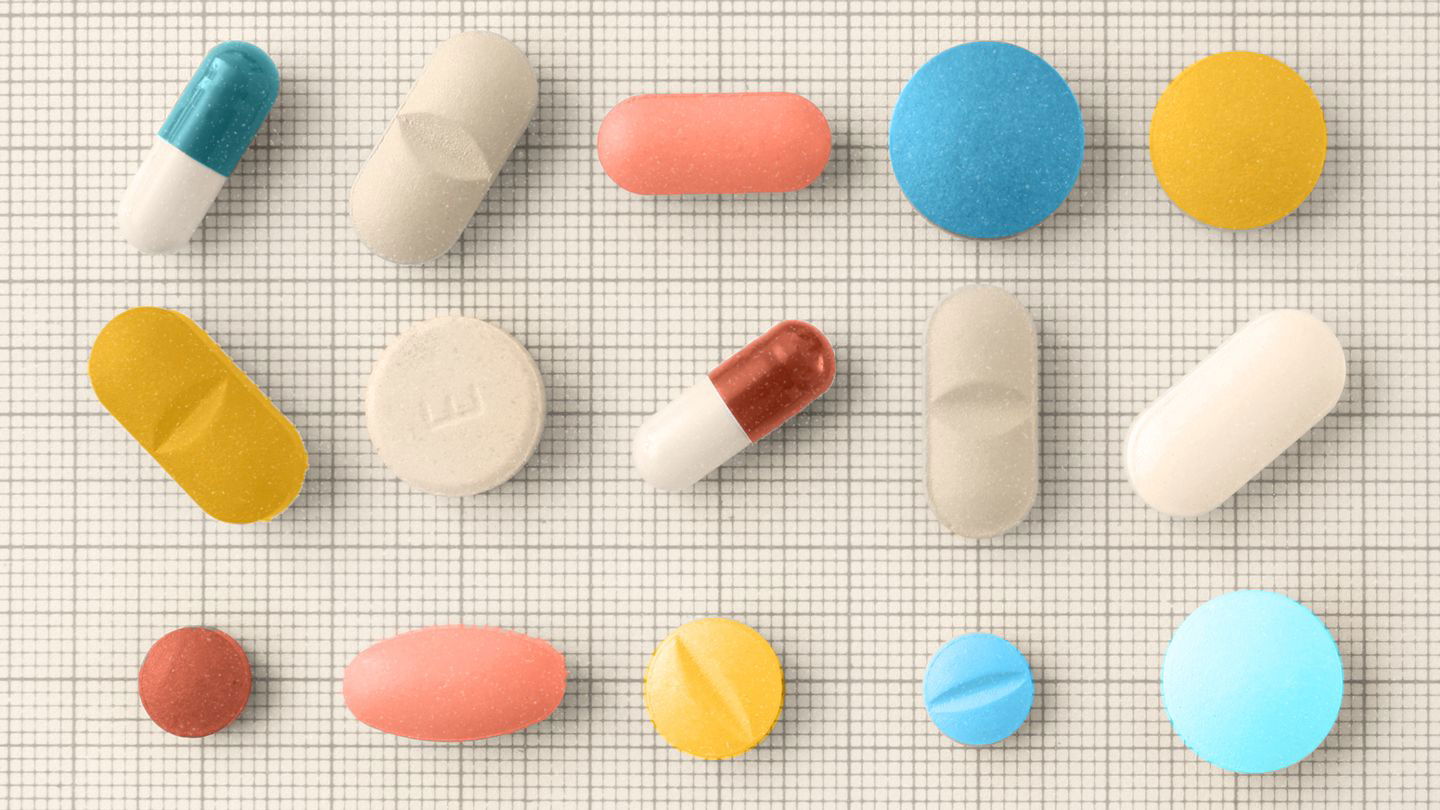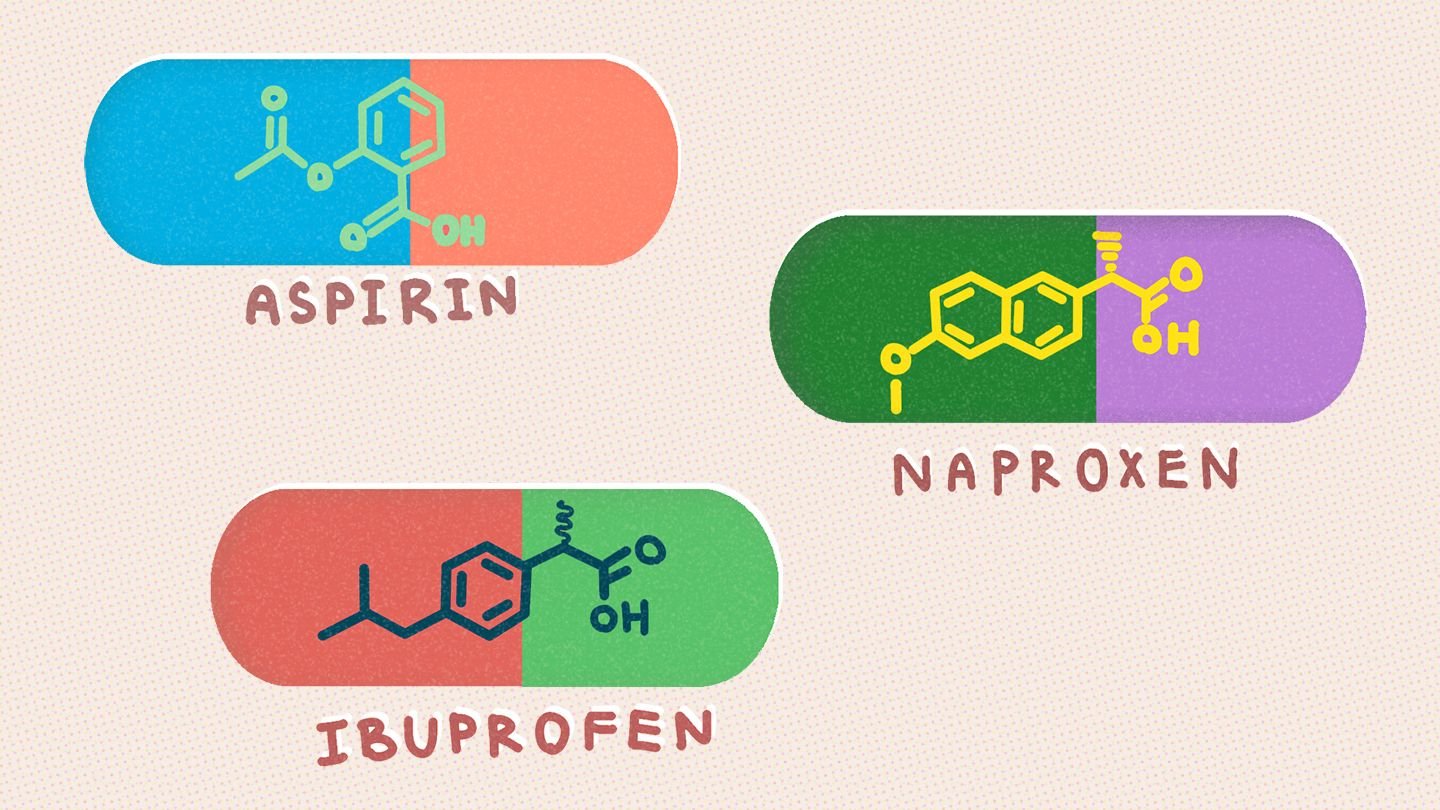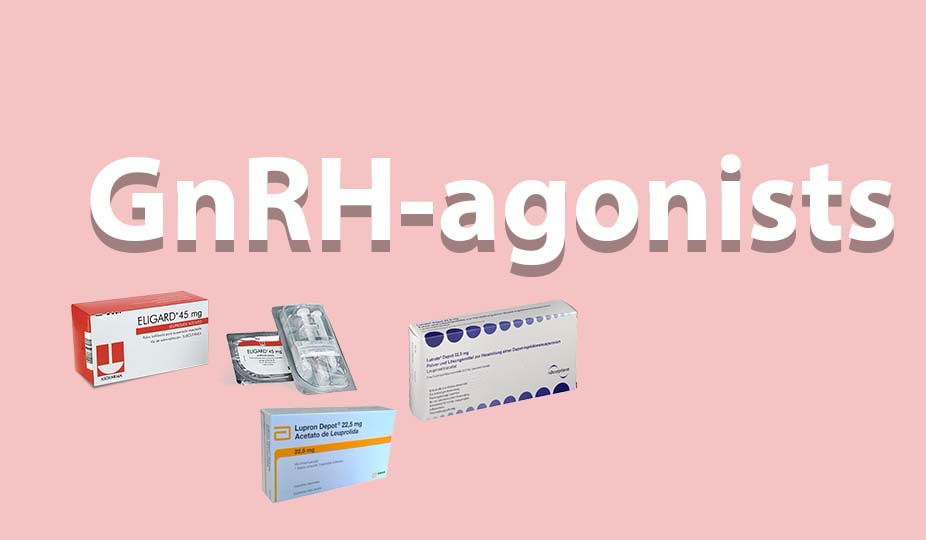
Understanding PMS and PMDD
Premenstrual Syndrome (PMS) is a common condition that affects 75% of women after ovulation, typically occurring 7 days before their periods. It is characterized by a range of physical and emotional symptoms, including breast tenderness, mood swings, cravings, bloating, and anxiety.
Premenstrual Dysphoric Syndrome (PMDD) is a more severe form of PMS and can have a significant impact on women's lives. It is associated with symptoms such as depression, suicidal thoughts, panic attacks, and uncontrolled anger.
In a woman's life it's a total of 8.5 years of misery, demotivation and low achievements: this needs to stop!
